Shahidi Jame Mosque- A cornerstone for the establishment of a just society
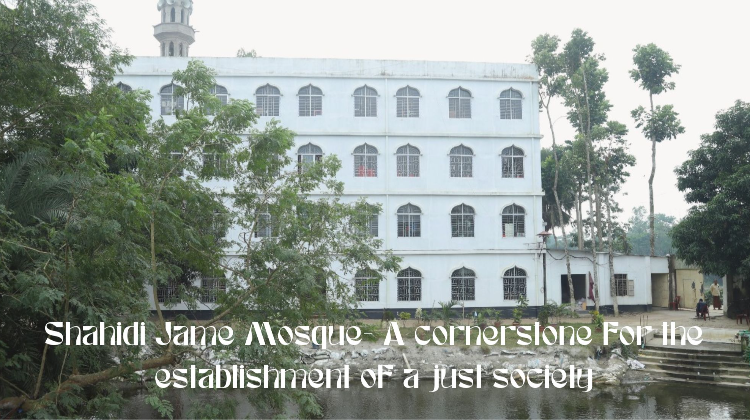
According to the latest information, there are a total of 36 lakh mosques in the world, of which Bangladesh has a total of 2 lakh 50 thousand 399 mosques. Among these, there is a mosque amidst the multitude of mosques whose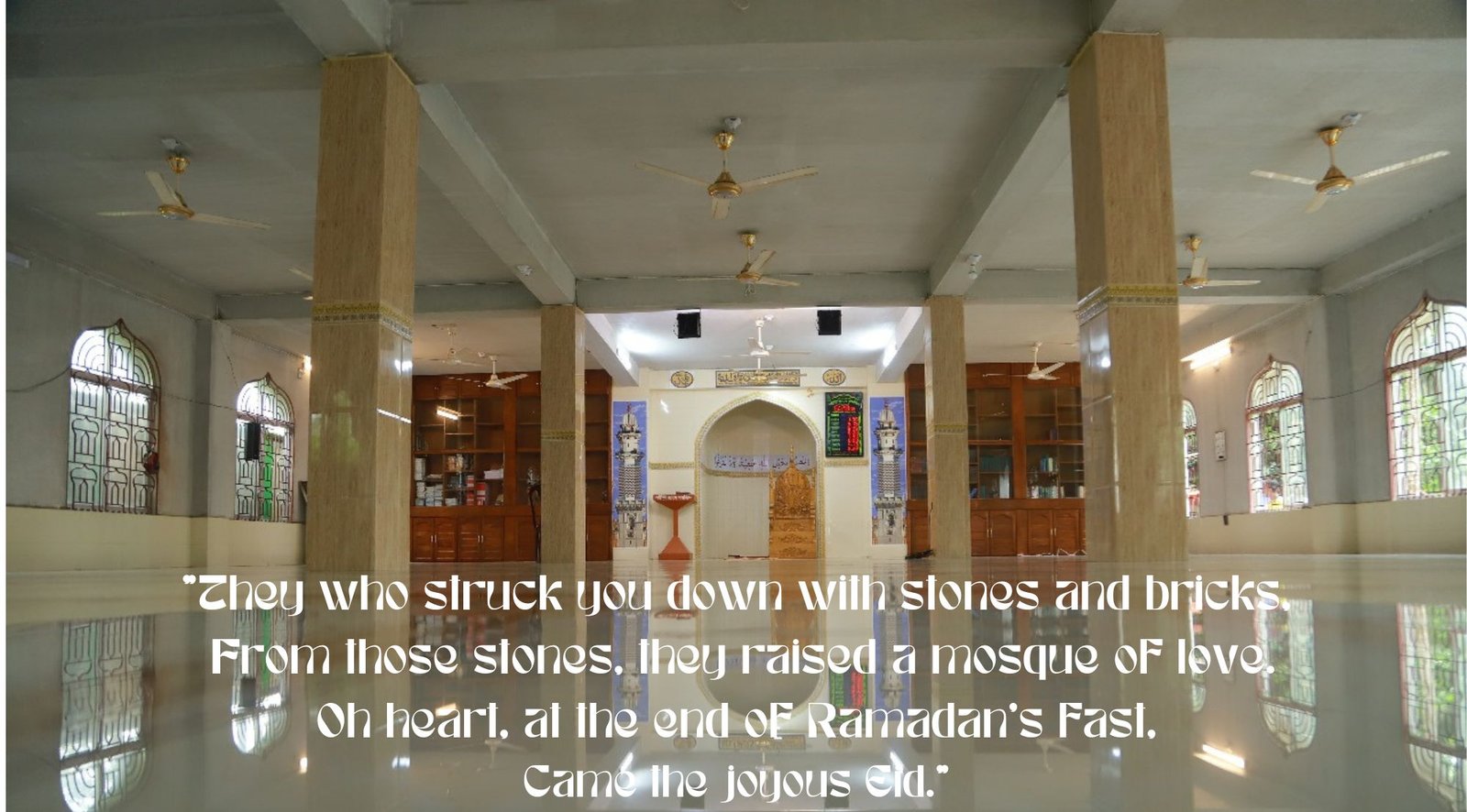 history and significance are different from all the rest. Understanding the role of mosques in the history of Islam is essential to grasp this. In the first 13 years in Mecca, the Messenger of Allah (Peace be upon him) couldn't openly perform prayers and faced relentless persecution. The secure and stable environment needed to establish a civilized framework wasn't present in Mecca. When he migrated from Mecca to Medina, he initiated the endeavour to establish a new society based on truth and justice. One of the pivotal tasks he undertook to build this society was the construction of a mosque with his companions. This mosque served as a focal point for the community to gather, establish prayers, plan collectively with companions, and provide shelter for those who had no homes. Subsequently, this mosque became the centre for social and national activities of the newly formed society or community. As long as various Islamic empires or states existed throughout the world, mosques remained centres for social and national activities.
history and significance are different from all the rest. Understanding the role of mosques in the history of Islam is essential to grasp this. In the first 13 years in Mecca, the Messenger of Allah (Peace be upon him) couldn't openly perform prayers and faced relentless persecution. The secure and stable environment needed to establish a civilized framework wasn't present in Mecca. When he migrated from Mecca to Medina, he initiated the endeavour to establish a new society based on truth and justice. One of the pivotal tasks he undertook to build this society was the construction of a mosque with his companions. This mosque served as a focal point for the community to gather, establish prayers, plan collectively with companions, and provide shelter for those who had no homes. Subsequently, this mosque became the centre for social and national activities of the newly formed society or community. As long as various Islamic empires or states existed throughout the world, mosques remained centres for social and national activities.
Since Muslims began to face defeat in various parts of the world, other nations started to dominate over Muslims, especially when European Christian nations established their colonial rule upon different continents. From that time, the Muslim population transformed into subjects of the ruling class, and governance fell into the hands of European Christians. Islam became marginalized, and Muslims became more individualistic. Consequently, mosques turned into mere places for prayers. Apart from prayer times, mosques remained empty and locked, with chains hanging on their gates. The centre of societal management shifted to union offices, board offices, and similar institutions.
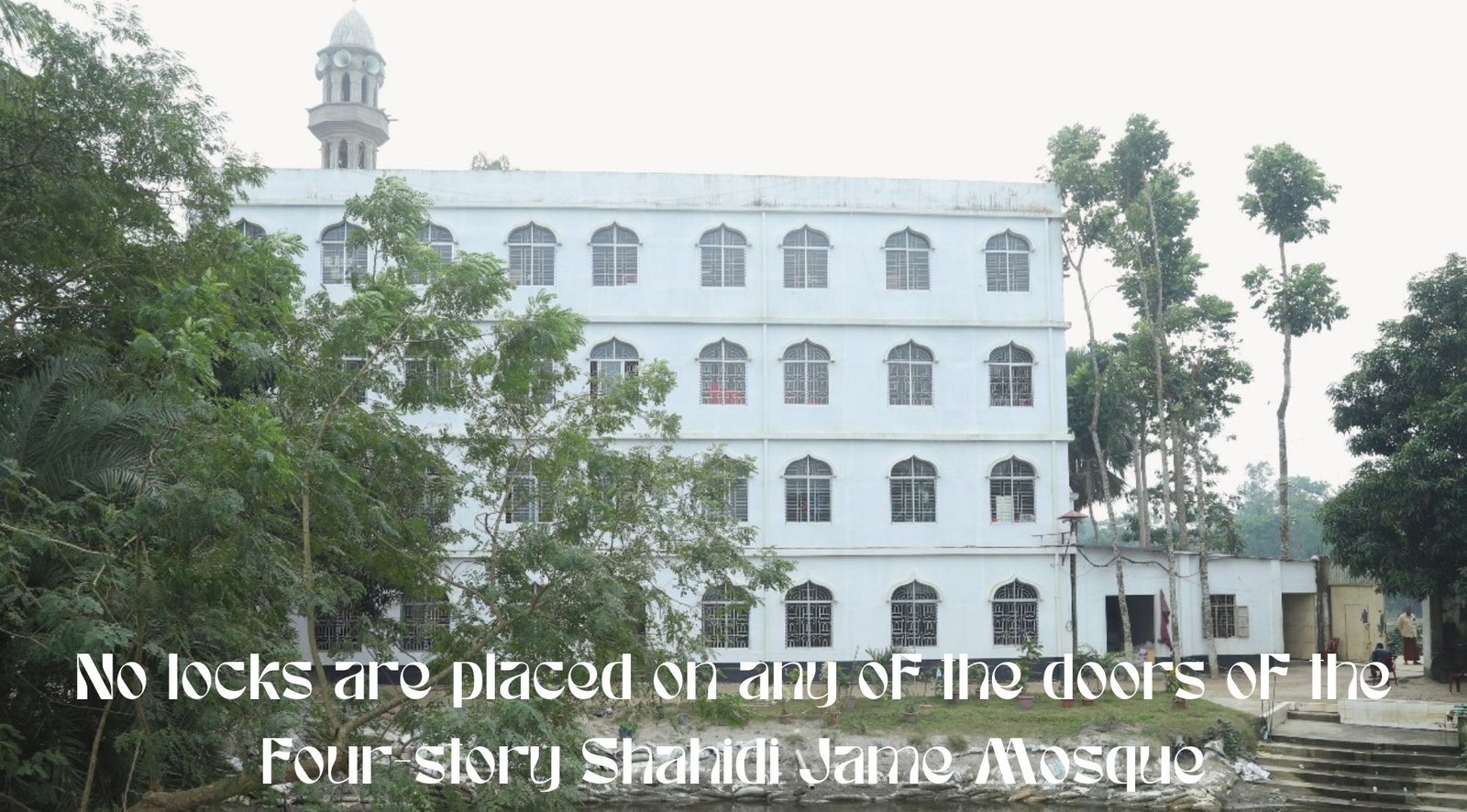 However, Hezbut Tawheed has taken a stand for the true essence of Islam as per the teachings of Messenger of Allah (peace be upon him). When Hezbut Tawheed started the construction of a mosque on the courtyard of the Imam of the movement for offering five daily prayers (March 14, 2016), the religious extremists influenced by rumors and gossip destroyed the mosque. The rumor instigation they spread was "this is not a mosque, but a church is being built here." Further rumors circulated that the workers of Hezbut Tawheed had murdered ten religious scholars and buried them under the ground. Members of the movement who went to volunteer for the mosque construction were attacked, and two members were brutally murdered. After killing them, petrol was poured on their bodies and set on fire. The house of the Imam of Hezbut Tawheed was completely destroyed, and it was burnt to ashes.
However, Hezbut Tawheed has taken a stand for the true essence of Islam as per the teachings of Messenger of Allah (peace be upon him). When Hezbut Tawheed started the construction of a mosque on the courtyard of the Imam of the movement for offering five daily prayers (March 14, 2016), the religious extremists influenced by rumors and gossip destroyed the mosque. The rumor instigation they spread was "this is not a mosque, but a church is being built here." Further rumors circulated that the workers of Hezbut Tawheed had murdered ten religious scholars and buried them under the ground. Members of the movement who went to volunteer for the mosque construction were attacked, and two members were brutally murdered. After killing them, petrol was poured on their bodies and set on fire. The house of the Imam of Hezbut Tawheed was completely destroyed, and it was burnt to ashes.
However, members of Hezbut Tawheed did not accept defeat in the face of these fabricated religious extremism-driven attacks and, through their own efforts and sacrifices, rebuilt the four-story mosque there. We believe that destruction is not the answer, construction, not violence, is the answer to violence; love, not enmity, is the answer to hostility; brotherhood can bring the right solution. National poet Kazi Nazrul Islam articulated the essence of this love in his song "Eid at the end of Ramadan."
"They who struck you down with stones and bricks,
From those stones, they raised a mosque of love.
Oh heart, at the end of Ramadan's fast,
Came the joyous Eid."
The successful realization of the meaning of this song is reflected in the Shahidi Jame Mosque established in Shonaimuri village. Therefore, this mosque, through its message of love and unity, stands distinct from other mosques and serves as a symbol of uniqueness.
This mosque of Hezbut Tawheed is not merely a place for prayers, but it has been built as the centre of the future civilization. Therefore, unlike other mosques, it does not have locks on its doors throughout the day. No locks are placed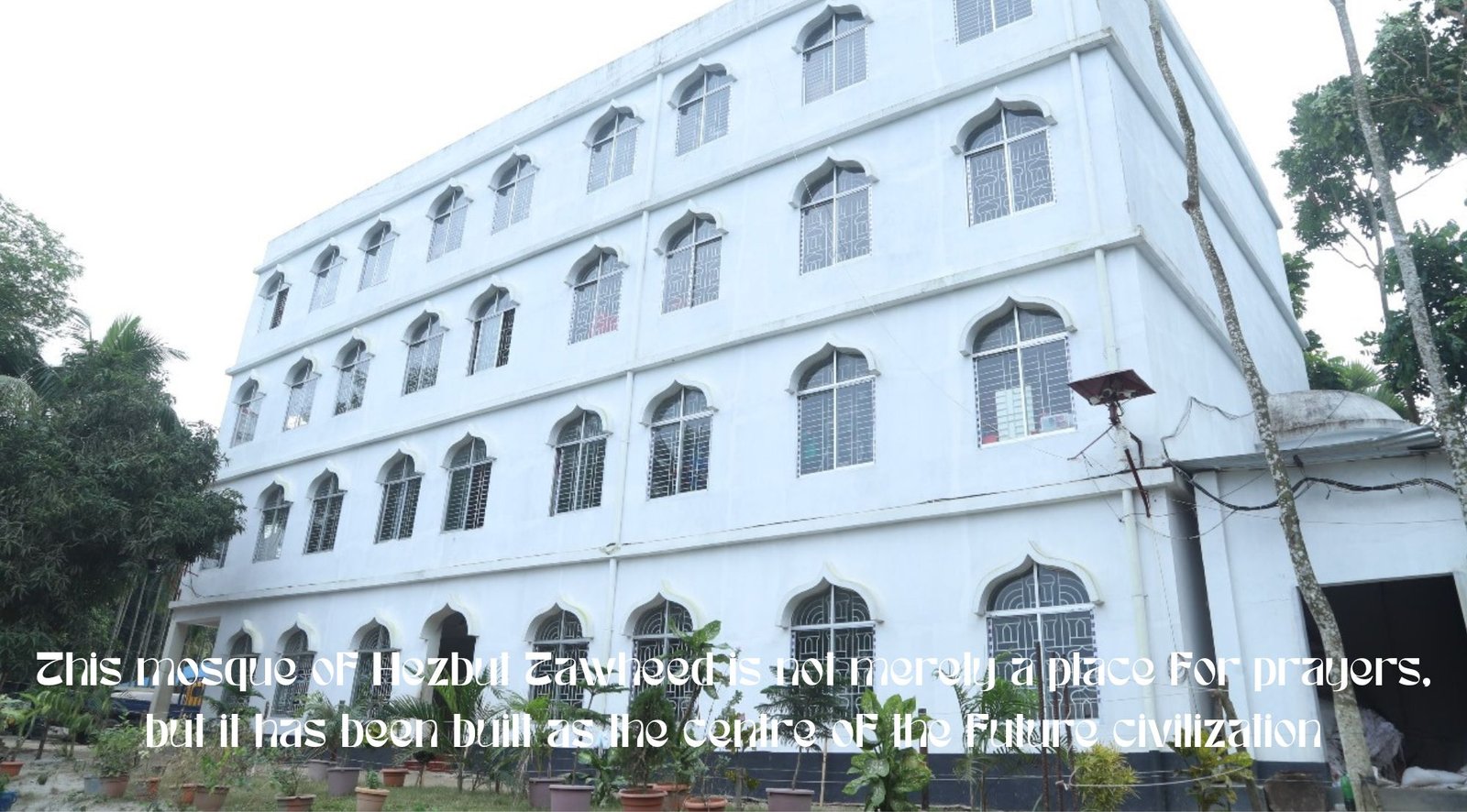 on any of the doors of the four-story Shahidi Jame Mosque. Various activities, including the five daily prayers, are actively conducted on each floor of the mosque throughout the day. Besides male worshippers, female worshippers also come to offer prayers in this mosque. They pray on the third floor of the mosque.
on any of the doors of the four-story Shahidi Jame Mosque. Various activities, including the five daily prayers, are actively conducted on each floor of the mosque throughout the day. Besides male worshippers, female worshippers also come to offer prayers in this mosque. They pray on the third floor of the mosque.
Conference or Assembly
From Fajr until late at night, various activities are conducted in this mosque. As intended it has become the centre of religion and ethics. After completing the Fajr prayer, Quranic recitation, Hadith studies, and religious teachings begin. Here, over a hundred children are taught Quran recitation, some chapters of the Quran, fundamental beliefs of Islam, daily religious practices, selected life-oriented Hadiths, manners, ethics, and more. To facilitate their learning, four scholars sacrifice their own knowledge. Among our educational activities, there is a primary school, a secondary school, a tutorial academy, and three hostels. The needy students are provided accommodation in the hostels of this mosque.
Apart from Fajr and Isha prayers, adult educational activities are also conducted in this mosque. Those who, due to various reasons, couldn't attend school when they were younger can now receive education in basic Quranic studies, Bangla, English, and arithmetic alongside religious teachings, daily life issues, and the fundamentals of Islam. One day a week, regular mosque attendees are provided with religious education. Through classes, they are taught the correct beliefs of Islam, Islamic terminology, daily behavioural guidelines, and are given various books to read at home.
One day a week, regular mosque attendees are provided with religious education, including guidance on Salah (prayer). If they encounter any issues during prayer, those are addressed, and they are instructed on the beliefs, rules, and various supplications related to prayer.
At Salim's Tutorial Academy, residential students participate in weekly religious education classes. There, they are taught the correct beliefs of Islam, daily life issues, meanings of Islamic terminology, the role of students in society and nation-building, religious etiquette, and more through classes. They are also provided with regular readings from various Islamic books.
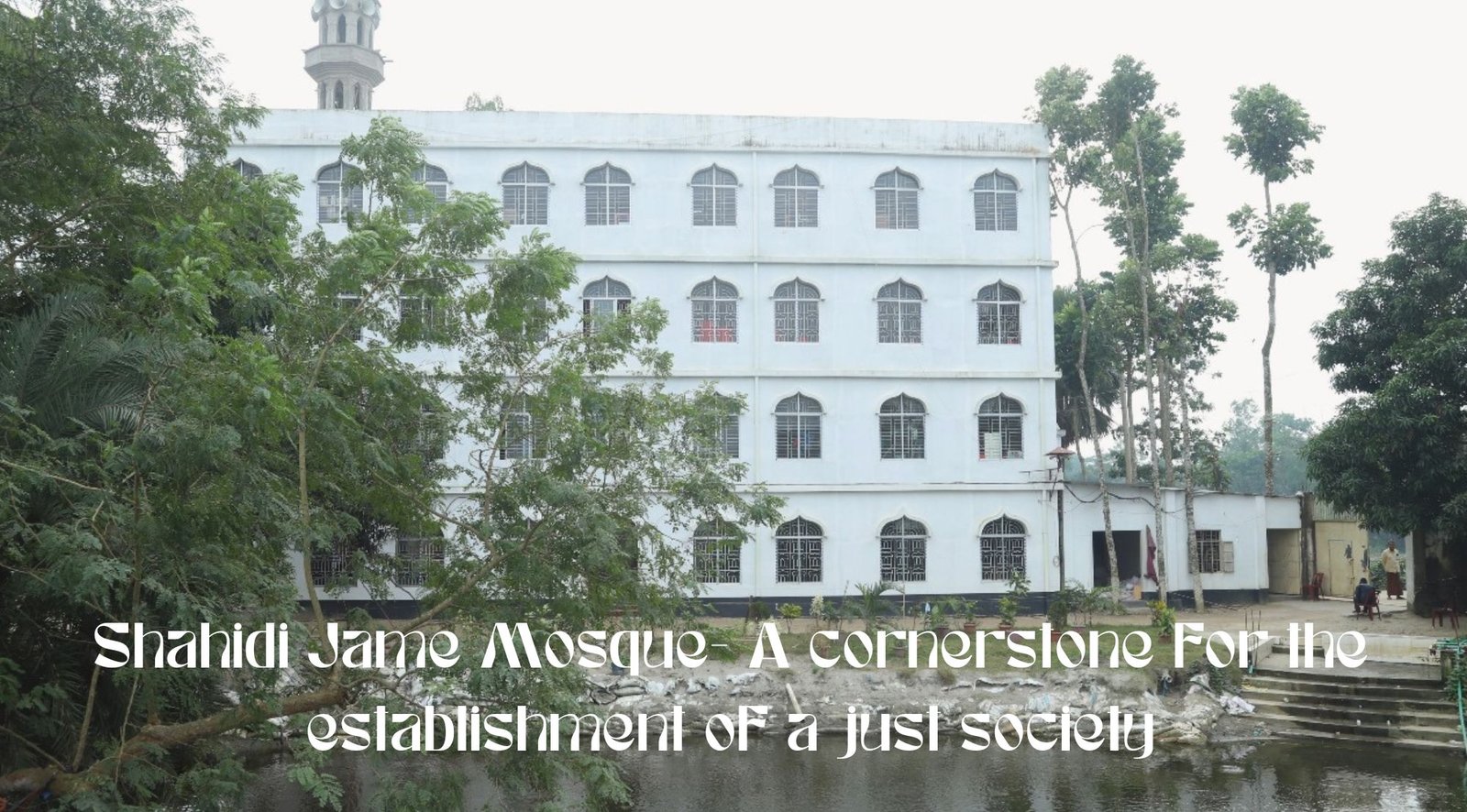 Islamic Cultural Discourse
Islamic Cultural Discourse
To raise awareness about preventing cultural degradation and promoting healthy culture, residential students are engaged in cultural classes at this mosque for one day a week. In these classes, they participate in Quran recitation, call to prayer (Adhan), Islamic music, speeches, poetry recitation, individual and group acting, writing compositions, debates, and more. They are encouraged to understand how various aspects of Islamic culture can be presented to people through cultural activities.
Discussion sessions and various events
Apart from that, this mosque hosts wedding ceremonies, various social events, and collaborative events with respected local and distant personalities on the second floor. Discussions on various religious topics are also conducted, engaging Muslims from both local and distant areas. The mosque regularly provides food for guests and hosts iftar for hundreds of fasting individuals.
Discussions on planning various aspects of the movement are regularly organized on the second and third floors of the mosque. In short, the mosque is always bustling with activity. In 2021, the central conference of Hezbut Tawheed was held here for three days. Events like worker conferences, iftar gatherings, and press meets are also often organized in this conference room.
Jummah Activities
"Jummah" is the weekly congregation day for the Muslim Ummah. This day is so significant that the Almighty Allah has revealed a surah in the Holy Quran named "Jumma". The Messenger of Allah (peace be upon him) said, "The day of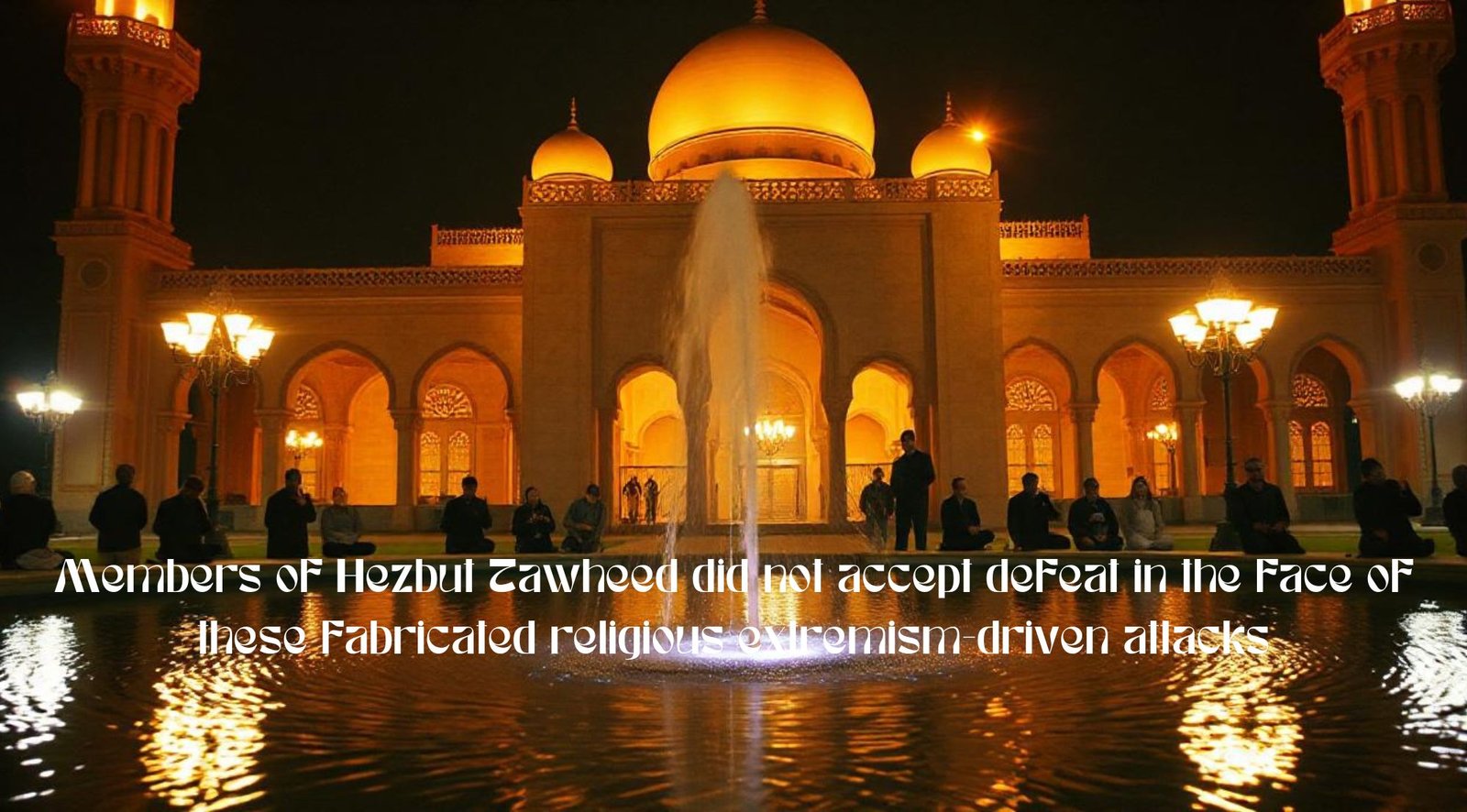 Jumma is the weekly Eid for the believers" (Ibne Majah, Hadith No. 1098). This hadith is emphasized every Jumma at Shahidi Jame Mosque. The arrangements for Jumma begin from Thursday. The mosque and its surroundings are cleaned thoroughly. Food arrangements are made for the Muslims coming from far and wide, and plans are made to ensure safety and discipline. From the morning of Jumma, Muslims start arriving from far and wide, sitting in the courtyard of the mosque like stalls at the Eid ground. The quality of the products at the stalls is checked. Various items such as clothing, different types of food items, children's toys, books, etc., are displayed at the stalls. A photo gallery is set up to familiarize newcomers with the history of the mosque, the struggles and development activities of Hezbut Tawheed, and various other topics.
Jumma is the weekly Eid for the believers" (Ibne Majah, Hadith No. 1098). This hadith is emphasized every Jumma at Shahidi Jame Mosque. The arrangements for Jumma begin from Thursday. The mosque and its surroundings are cleaned thoroughly. Food arrangements are made for the Muslims coming from far and wide, and plans are made to ensure safety and discipline. From the morning of Jumma, Muslims start arriving from far and wide, sitting in the courtyard of the mosque like stalls at the Eid ground. The quality of the products at the stalls is checked. Various items such as clothing, different types of food items, children's toys, books, etc., are displayed at the stalls. A photo gallery is set up to familiarize newcomers with the history of the mosque, the struggles and development activities of Hezbut Tawheed, and various other topics.
Before the Khutbah (sermon) begins, Muslims exchange thoughts and engage in discussions with each other, gathering news and information. However, their main focus of interest is the speech of the respected Imam. Typically, between 11:00 AM to 12:00 PM, the respected Imam of Hezbut Tawheed starts the sermon. All floors of the mosque are filled up before the start of the Khutbah. Besides the ground floor, arrangements are made with projectors on other floors for listening to the Imam's sermon. Generally, the sermon covers contemporary global issues, challenges facing Muslims, national crises, Islamic beliefs, paths to resolving all crises, national unity, and other related topics. These Bengali sermons typically last for about an hour and a half to two hours.
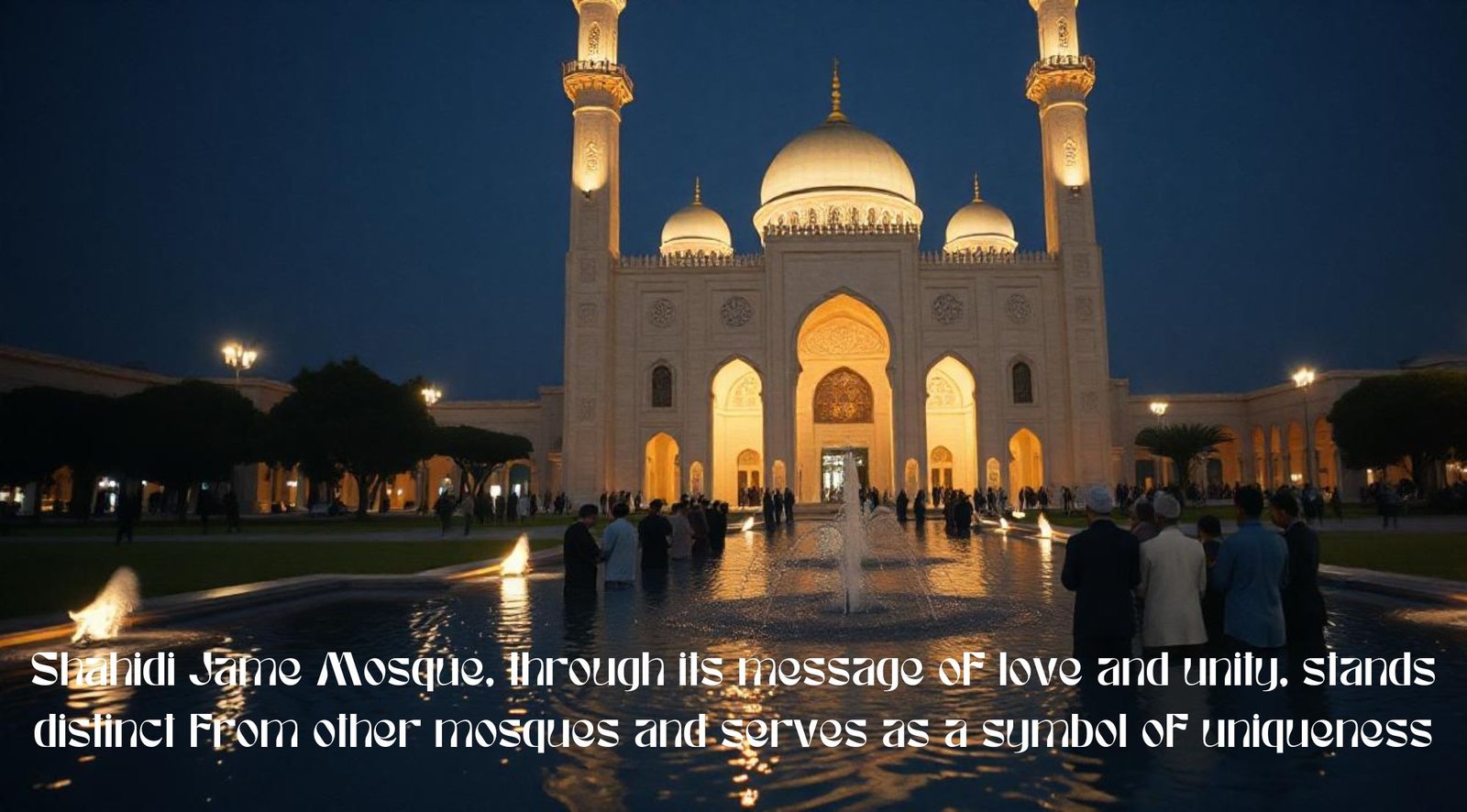 After the Arabic sermon and prayer, the second assembly begins. This moment is filled with anticipation, as each congregant awaits the leader, their guide, their Imam. When a leader enquires about his followers—whether anyone is hungry, sick, or in need of assistance—the atmosphere of concern and care spreads among the followers, creating an experience beyond words. To fulfil the fundamental needs of the congregants, a hospital, an educational institution (school and college), and workplaces such as garments, food and beverage companies, agricultural farms, fisheries projects, and more have been established within the mosque premises. If anyone is found unemployed, efforts are made to provide them with employment opportunities within the mosque's facilities. For this purpose, a separate department for employment has been created. Separate accommodations have been established to ensure that no one remains homeless. Any discrepancies or disturbances within the Hezbut Tawheed community are also addressed and resolved within the mosque premises.
After the Arabic sermon and prayer, the second assembly begins. This moment is filled with anticipation, as each congregant awaits the leader, their guide, their Imam. When a leader enquires about his followers—whether anyone is hungry, sick, or in need of assistance—the atmosphere of concern and care spreads among the followers, creating an experience beyond words. To fulfil the fundamental needs of the congregants, a hospital, an educational institution (school and college), and workplaces such as garments, food and beverage companies, agricultural farms, fisheries projects, and more have been established within the mosque premises. If anyone is found unemployed, efforts are made to provide them with employment opportunities within the mosque's facilities. For this purpose, a separate department for employment has been created. Separate accommodations have been established to ensure that no one remains homeless. Any discrepancies or disturbances within the Hezbut Tawheed community are also addressed and resolved within the mosque premises.
After all the formalities of Jumu'ah conclude, lunch is served in the afternoon. Congregants arriving from afar sit down to lunch with utmost discipline inside the mosque. Those who live nearby bid farewell and depart. After lunch, a session on discussing beliefs is conducted with newcomers. The Imam of Hezbut Tawheed discusses the true beliefs of Islam and addresses the misconceptions prevalent in contemporary Islam. His discourse captivates the attention of many congregants, and they eagerly seek answers from him. Thus the time passes in a somber atmosphere in the assembly. After the Asr prayer, there is a special session for newcomers who wish to join Hezbut Tawheed . Typically, this marks the end of each Jumu'ah gathering. Congregants from near and far bid farewell to the respected Imam before departing. Many capture moments with him in photographs to cherish the memories.
In this way, day by day, the Shahidi Jame Mosque in Shonaimuri, Noakhali, along with surrounding districts, has become and only continues to be a centre of spiritual learning and a place of pilgrimage for the general public.
Images Related to this Post

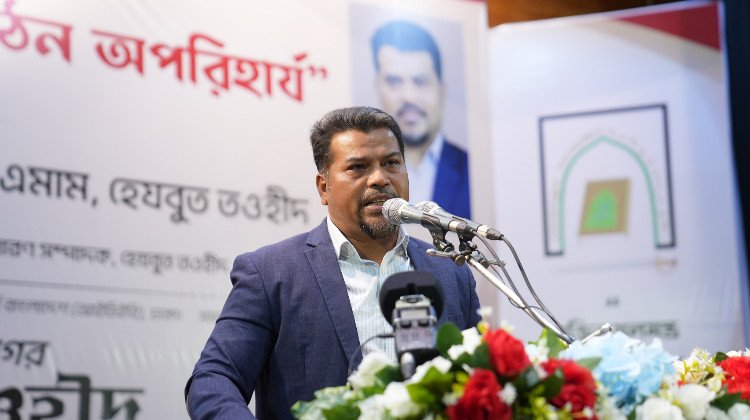
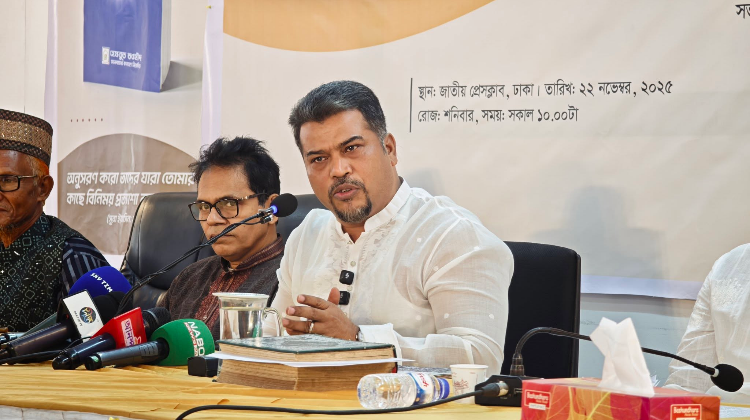
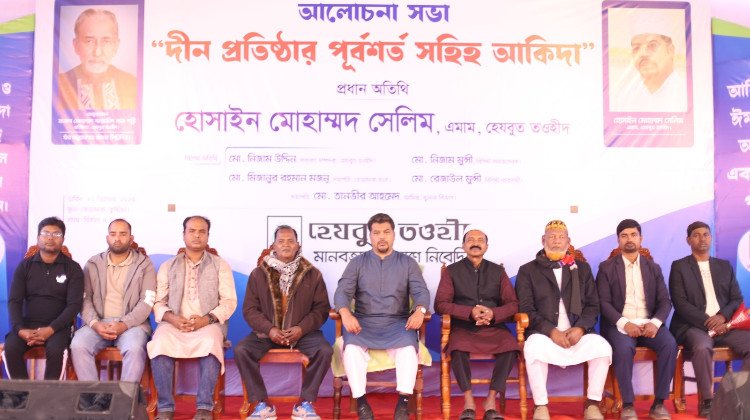

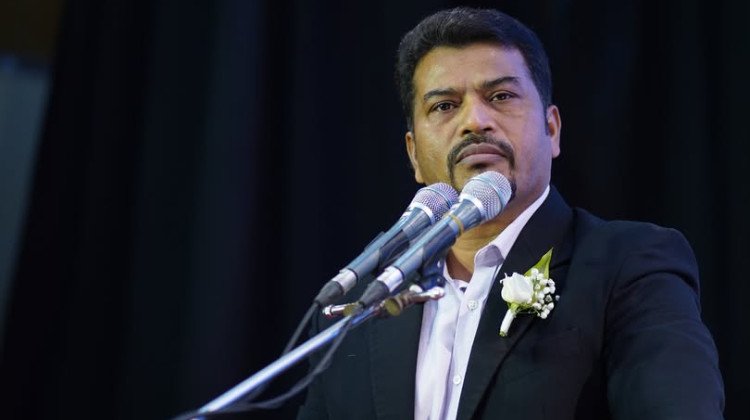
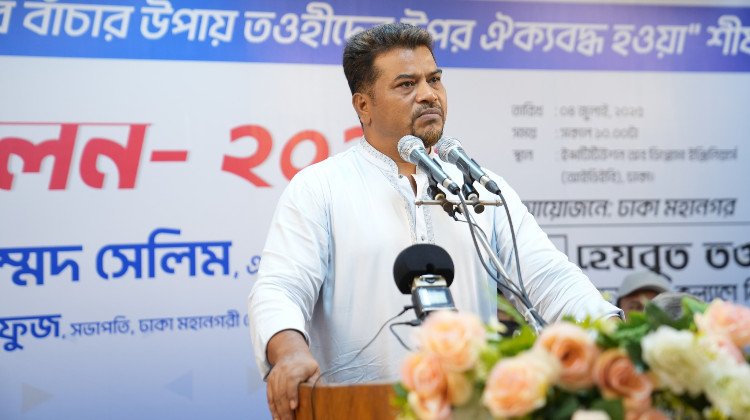
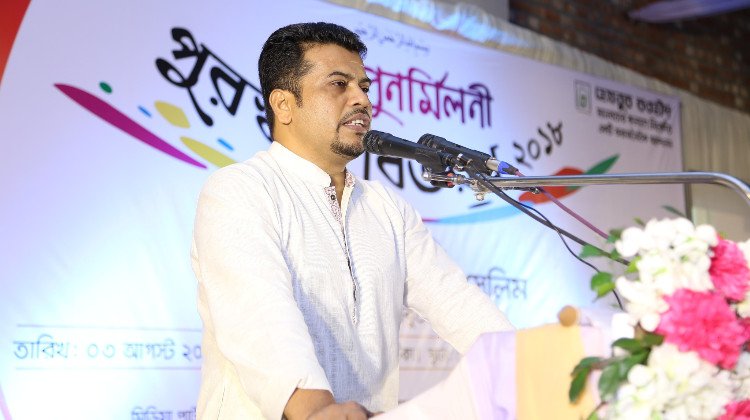
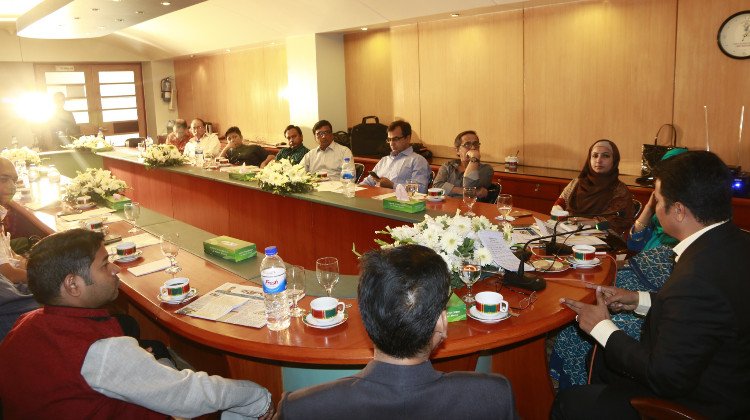
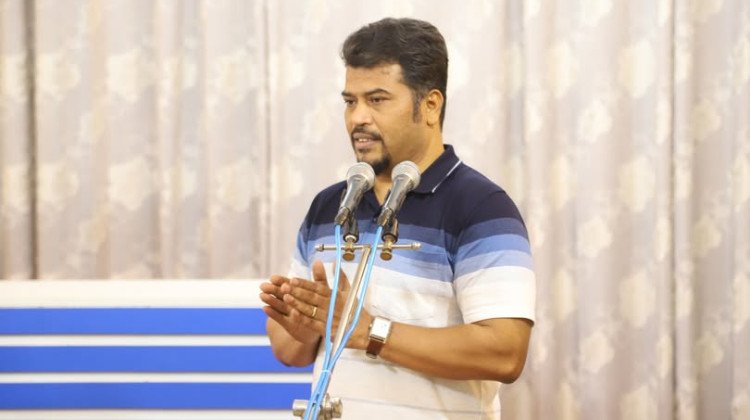


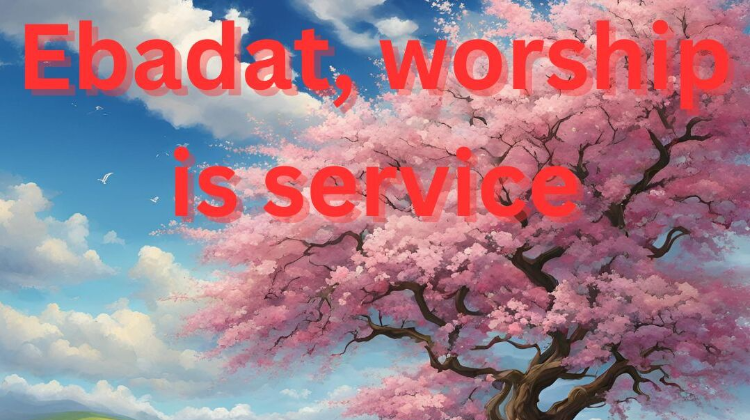
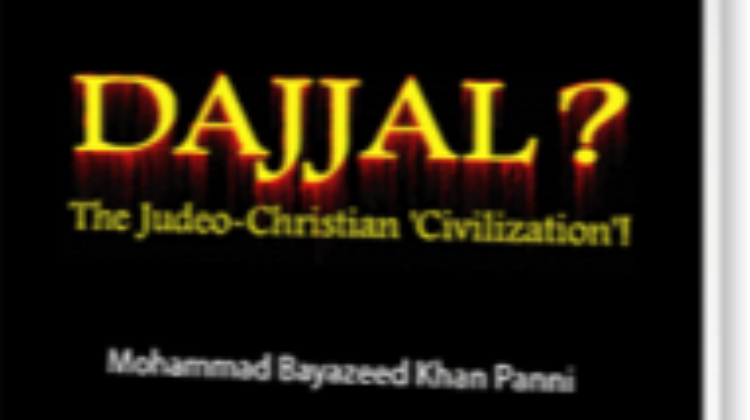

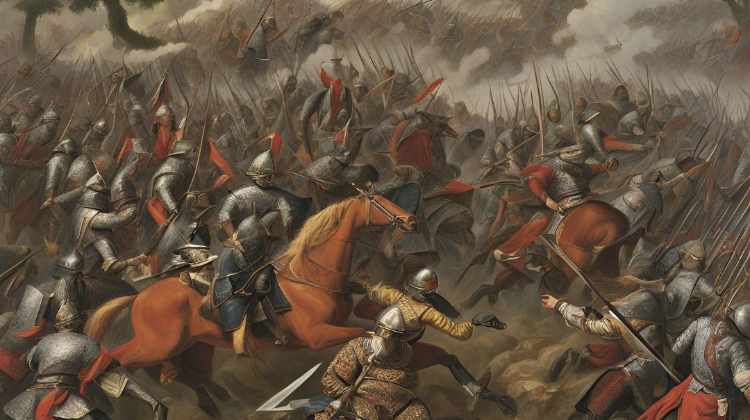
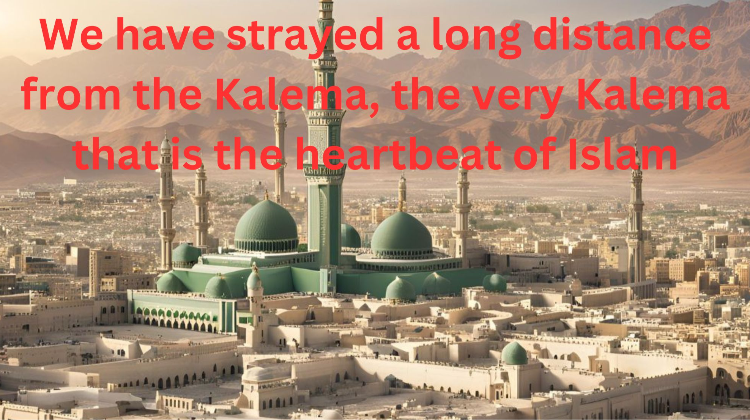
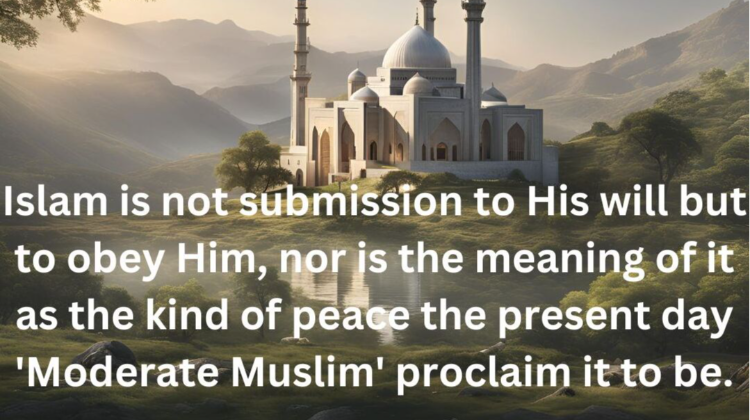
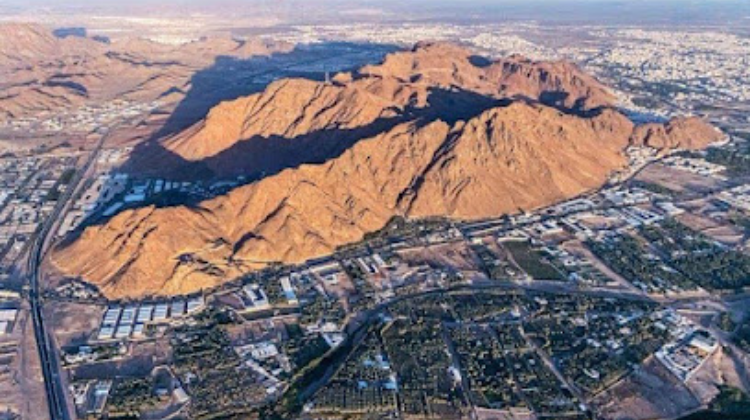
Leave a Comment